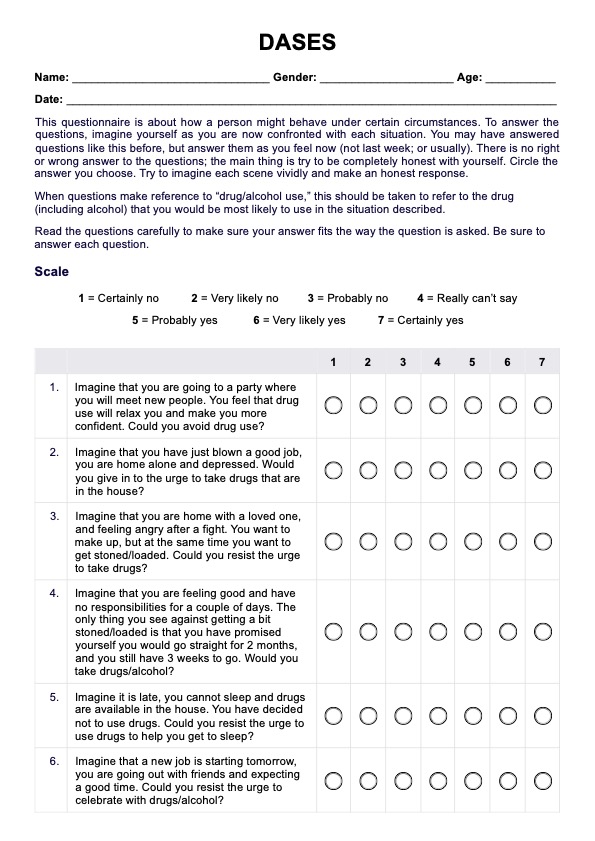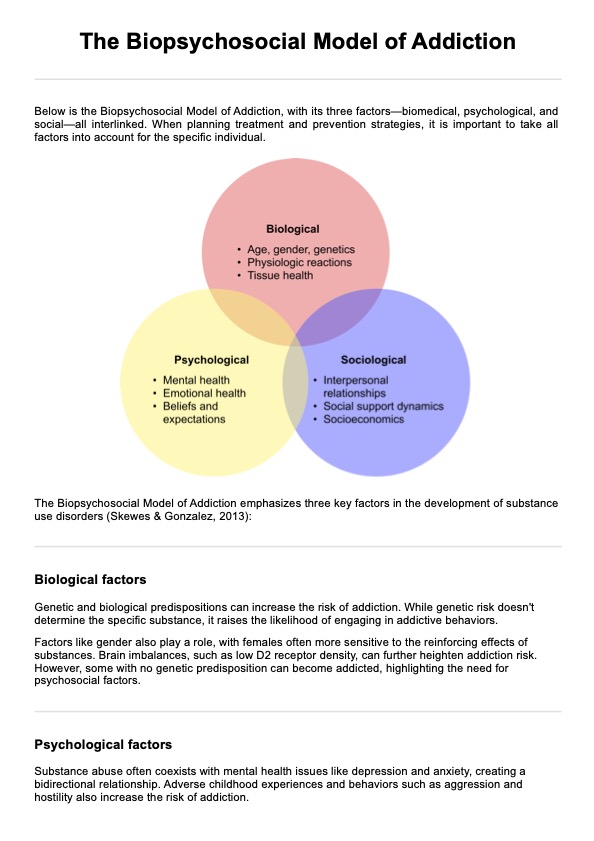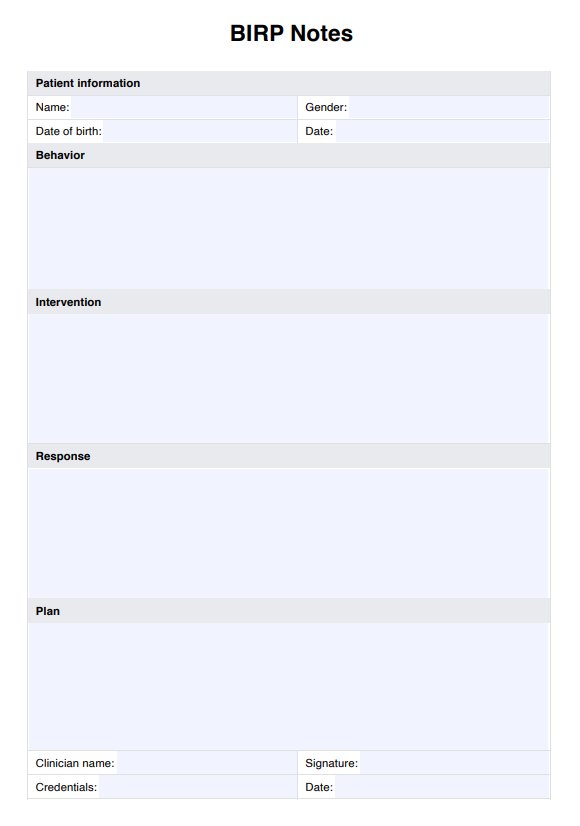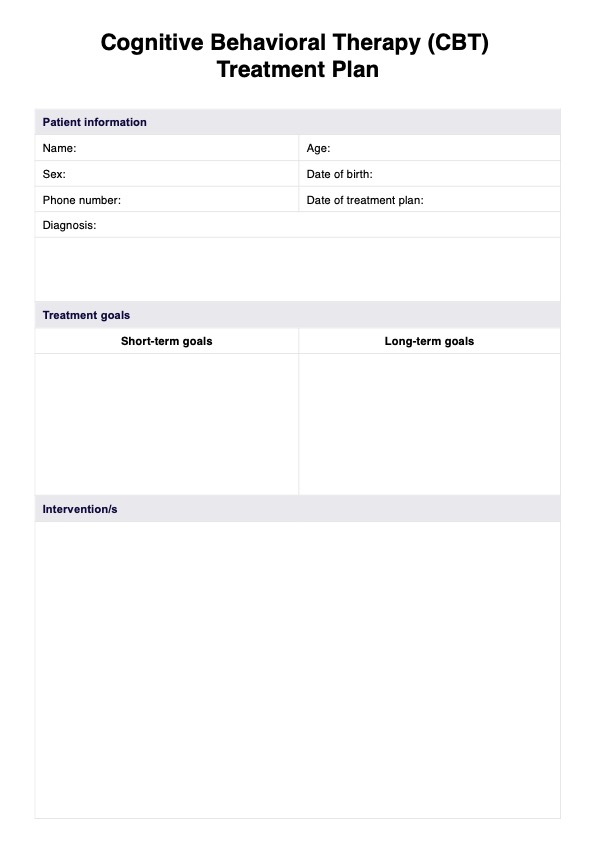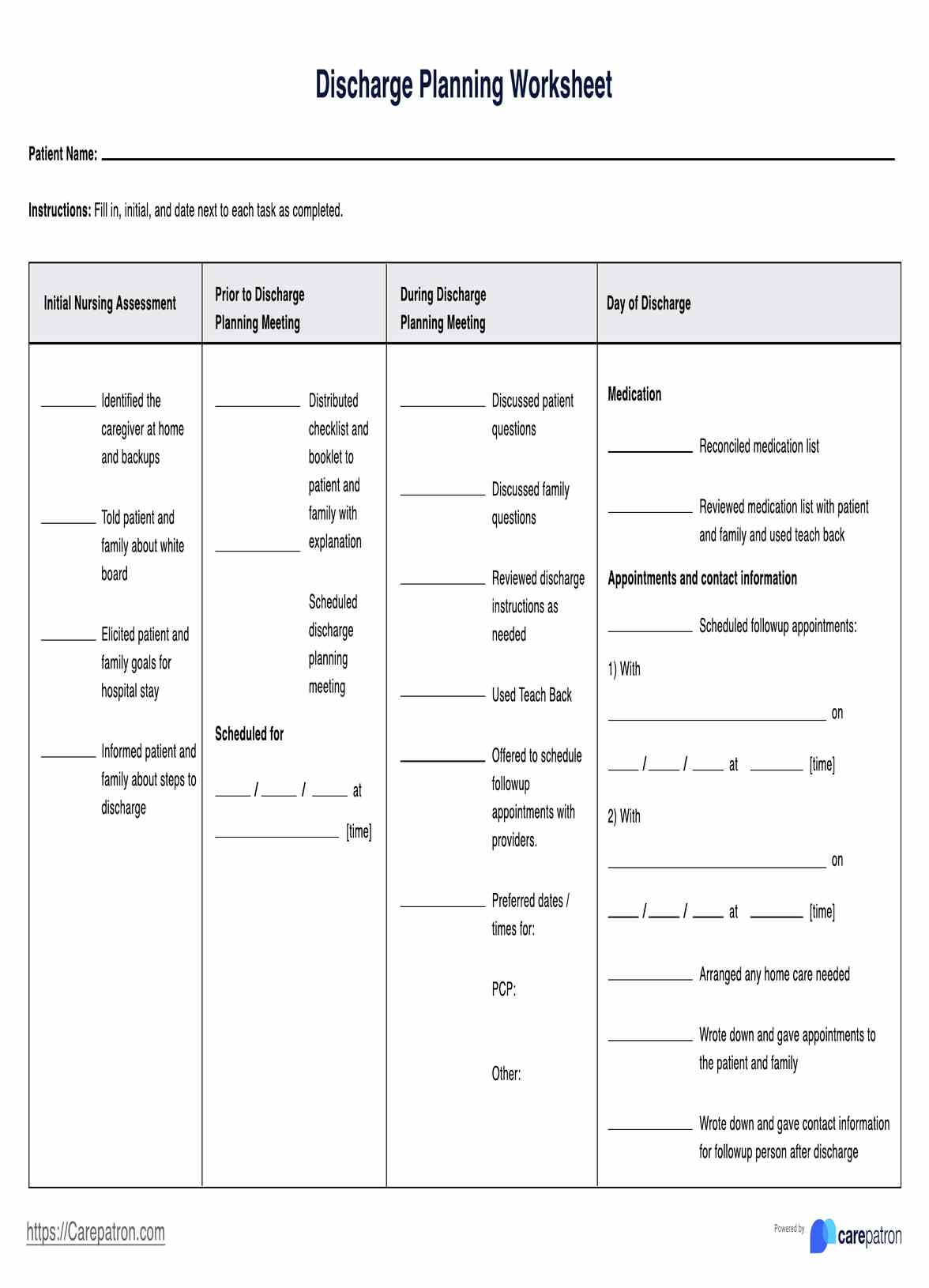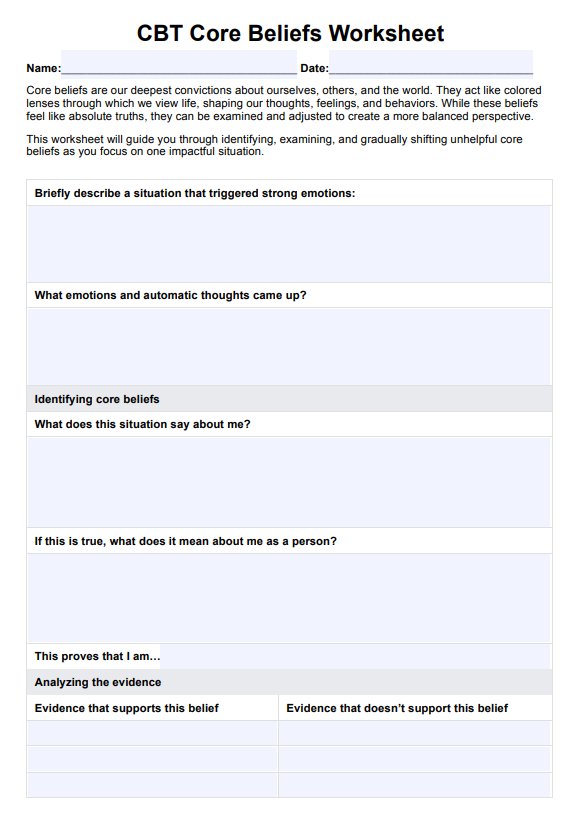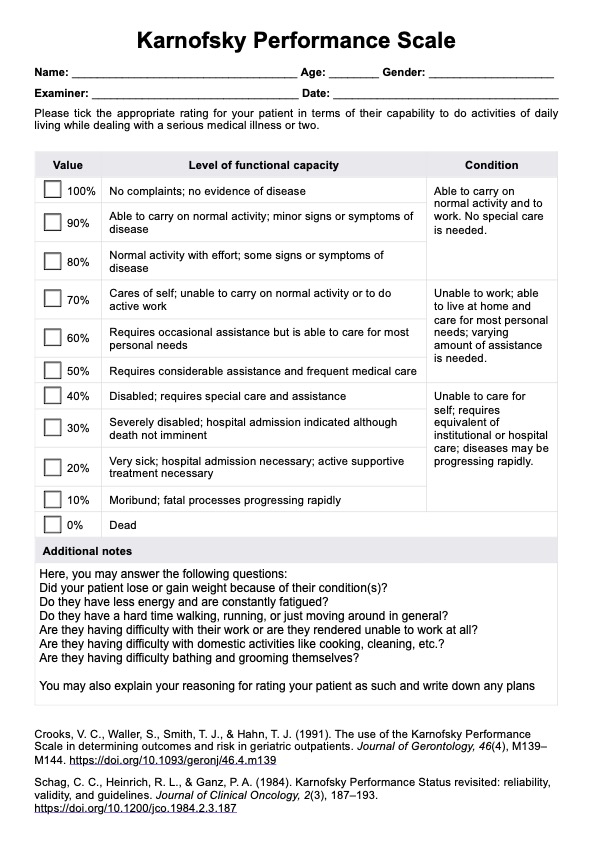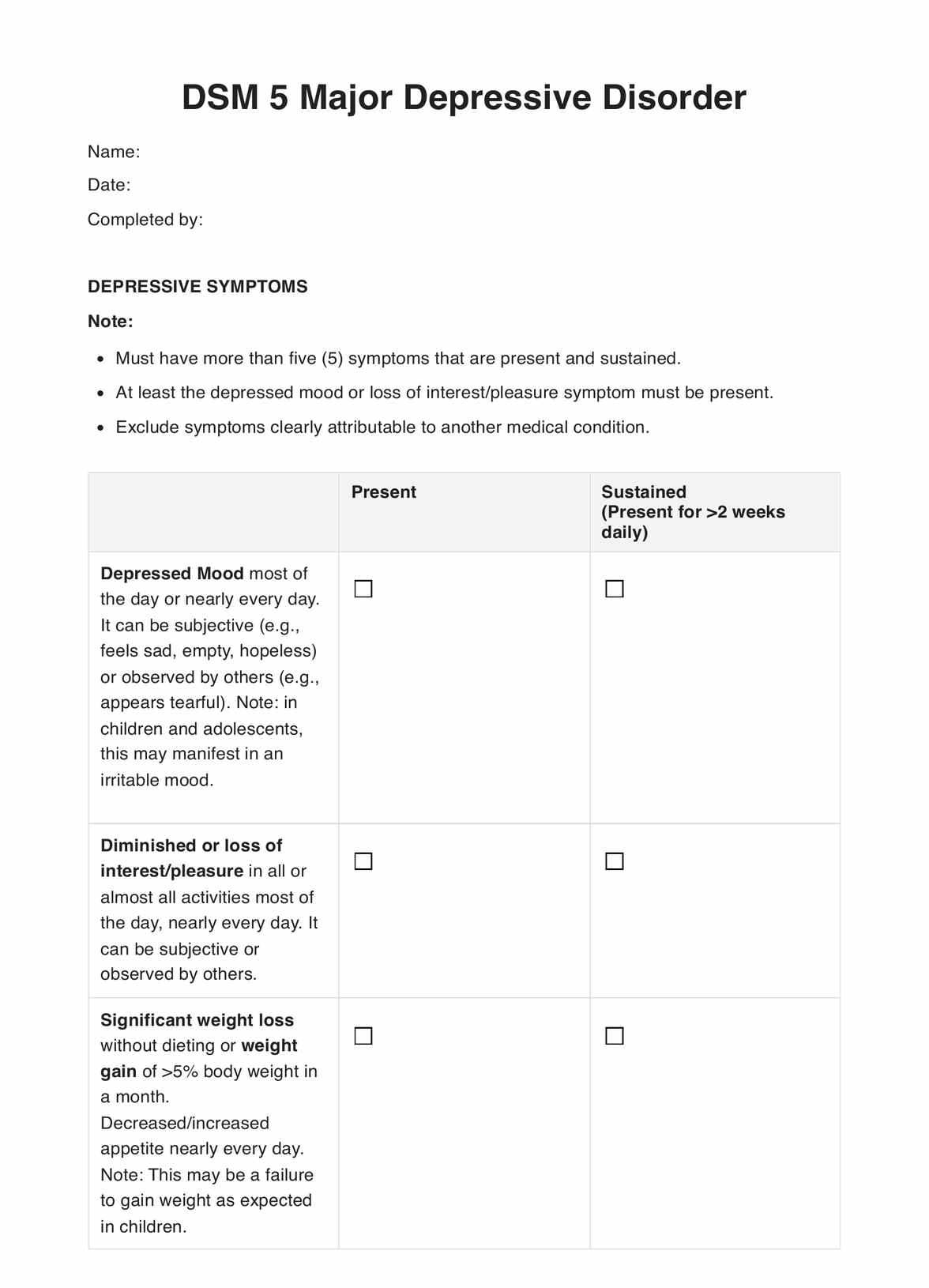South Oaks Gambling Screen
Explore the South Oaks Gambling Screen (SOGS) for identifying gambling disorders. Designed for diagnosing and managing gambling-related issues.


What is a gambling disorder?
Gambling disorder, also known as disordered gambling behavior, compulsive gambling, pathological gambling, or gambling addiction, is a behavioral addiction characterized by an uncontrollable urge to gamble, despite negative consequences, as highlighted in studies like the British Gambling Prevalence Survey. It's a condition that can lead to financial ruin, relationship issues, and mental health problems, and is often associated with gambling-related harm. Individuals with a gambling disorder may find themselves unable to resist the temptation to gamble, even when it causes significant distress, impairment in their lives, or other gambling-related problems.
What are the characteristics of a pathological gambler?
Pathological gamblers often exhibit behaviors such as chasing losses, lying about gambling activities, and using gambling as an escape from problems. They may also experience withdrawal symptoms when trying to stop.
Healthcare professionals diagnose gambling disorder by evaluating the individual's behavior, thoughts, and feelings related to gambling. They use diagnostic criteria outlined in the Diagnostic and Statistical Manual of Mental Disorders (DSM-5), which include persistent and recurrent problematic gambling behavior leading to clinically significant impairment or distress.
Key criteria for diagnosis include:
- A preoccupation with gambling
- The need to gamble with increasing amounts of money to achieve the desired excitement
- Repeated unsuccessful efforts to control, cut back, or stop gambling
- Restlessness or irritability when attempting to reduce or stop gambling
- Gambling to escape problems or relieve negative emotions
- Chasing losses by continuing to gamble to recoup previous losses
- Lying to conceal the extent of gambling
- Jeopardizing or losing significant relationships, jobs, or educational opportunities due to gambling
- Relying on others for financial assistance due to gambling losses
A healthcare professional may conduct a thorough assessment, including a clinical interview, self-report questionnaires, and screening tools like the South Oaks Gambling Screen (SOGS) to identify disordered gambling behavior and gambling-related harm. They may also consider the individual's gambling history, frequency, intensity, and the impact of gambling on their life.
What causes a person to develop a gambling disorder?
Various factors, including genetic predisposition, environmental influences, and psychological triggers can influence the development of gambling behavior and disorder. Stressful life events, social pressure, and exposure to gambling at an early age can increase the risk of developing a gambling disorder. Additionally, underlying mental health conditions such as depression, anxiety, or substance abuse can contribute to the onset of problematic gambling behavior.
South Oaks Gambling Screen Template
South Oaks Gambling Screen Example
What is the South Oaks Gambling Screen?
The South Oaks Gambling Screen (SOGS) is a widely used screening tool developed by Lesieur and Blume in 1987 to identify individuals with probable pathological gambling. The SOGS is designed to assess gambling behavior and its consequences, providing a score that indicates the severity of gambling problems.
The screen consists of a series of questions that cover various aspects of gambling behavior, including the types of gambling activities, frequency of gambling, financial aspects, and the impact of gambling on personal and social life. The questions are designed to identify patterns of disordered gambling behavior and gambling-related harm to identify probable pathological gamblers.
The SOGS is scored based on the responses to specific questions, with a total score ranging from 0 to 20. The interpretation of the score is as follows:
- A score of 0 indicates no problem with gambling.
- A score of 1-4 suggests some problems with gambling.
- A score of 5 or more indicates probable pathological gambling.
The South Oaks Gambling Screen is an evidence-based tool that has been validated through research and is used by healthcare professionals worldwide to screen for gambling disorders. It is considered a reliable and valid measure for identifying individuals at risk of developing gambling problems and those who may already be experiencing gambling-related issues.
By using the SOGS, healthcare professionals can better understand the extent of an individual's gambling behavior and provide appropriate interventions and support to address gambling disorder.
What are the benefits of using this screening tool?
The South Oaks Gambling Screen (SOGS) is a widely used tool in the assessment of gambling behavior, offering several benefits for both healthcare professionals and patients:
- Early identification: The SOGS helps in the early detection of disordered gambling behavior, enabling timely intervention and support.
- Comprehensive assessment: This screening tool covers a broad range of gambling activities, providing a comprehensive understanding of an individual's gambling habits and patterns.
- Research-backed: Developed based on extensive research, the SOGS is a reliable and valid tool for assessing gambling-related harm and identifying probable pathological gamblers.
- Facilitates open discussion: The SOGS provides a structured format for discussing gambling behavior, encouraging patients to share their experiences and concerns openly.
- Guides treatment planning: By identifying the severity of gambling issues, the SOGS assists healthcare professionals in developing personalized treatment plans tailored to the individual's needs.
- Raises awareness: Using the SOGS can increase awareness about the potential risks and consequences of gambling, promoting healthier decision-making and behavior.
In summary, the South Oaks Gambling Screen is a valuable tool for identifying gambling-related issues, guiding interventions, and promoting better mental health outcomes for individuals struggling with gambling disorders.
You can leverage this clinical interview template to enhance your diagnostic accuracy and streamline patient assessments. This resource provides a structured approach for gathering comprehensive patient information.
Is this screening tool reliable?
The reliability and validity of the South Oaks Gambling Screen (SOGS) have been subjects of extensive research, similar to other tools like the Canadian Problem Gambling Index. A study by Stinchfield (2002) found that the SOGS has good validity and reliability, with a Cronbach's alpha of 0.97, indicating excellent internal consistency. The study also reported that the SOGS effectively discriminates between probable pathological gamblers and non-gamblers.
Research by Tang et al. (2010) examined the SOGS in a Chinese context and found it to be a reliable and valid tool for assessing gambling problems among Chinese individuals. The study highlighted the importance of cultural adaptation in using the SOGS effectively.
These studies, among others, suggest that the South Oaks Gambling Screen, with its demonstrated reliability and factor structure, is a reliable tool for identifying probable pathological gambling. However, it's essential to use the SOGS in conjunction with other assessments and to screen clinical populations to ensure a comprehensive understanding of an individual's gambling behavior and related issues.
References
Stinchfield, R. (2002). Reliability, validity, and classification accuracy of the South Oaks Gambling Screen (SOGS). Addictive Behaviors, 27(1), 1–19. https://doi.org/10.1016/s0306-4603(00)00158-1
Tang, C. S., Wu, A. M. S., Tang, J. Y. C., & Yan, E. C. W. (2009). Reliability, validity, and cut scores of the South Oaks Gambling Screen (SOGS) for Chinese. Journal of Gambling Studies, 26(1), 145–158. https://doi.org/10.1007/s10899-009-9147-7
Commonly asked questions
SOGS stands for the South Oaks Gambling Screen, a widely used screening tool for assessing pathological gambling, designed to identify a probable pathological gambler.
Gambling can negatively impact mental health, leading to stress, anxiety, depression, and other kinds of gambling-related harm like substance abuse or alcohol abuse. It can also contribute to financial problems and strained relationships with family members and friends.
People gamble for various reasons, including the thrill of taking risks, the hope of winning money, social interaction, and as a way to escape from stress or boredom.


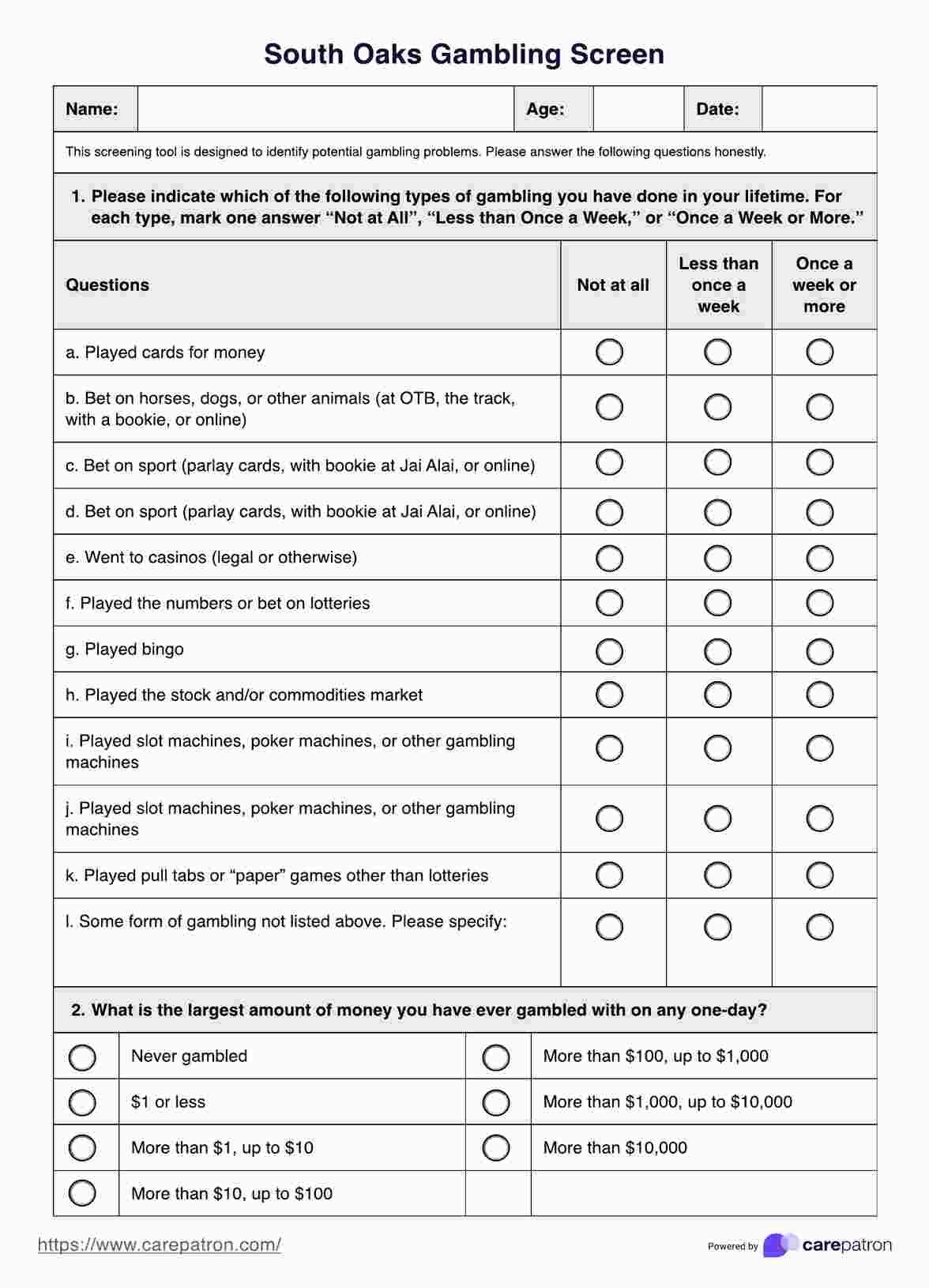
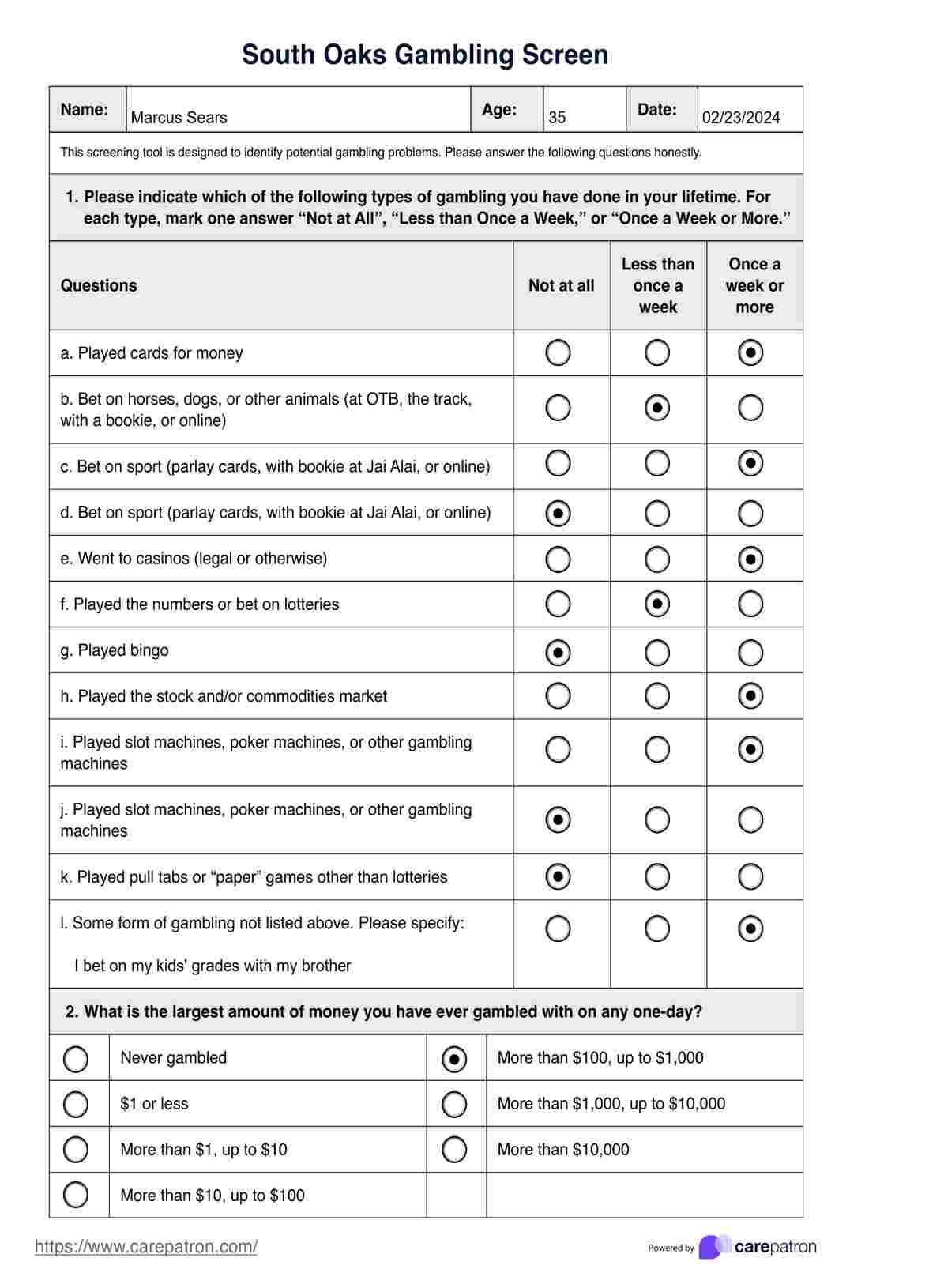















-template.jpg)


